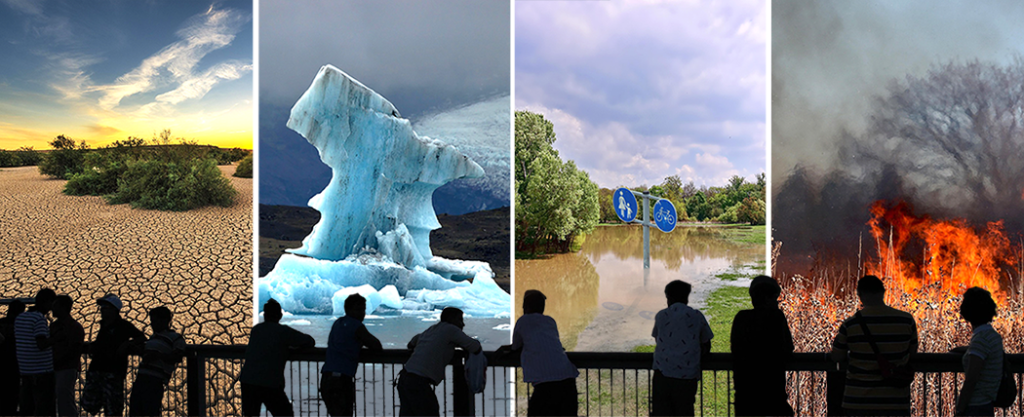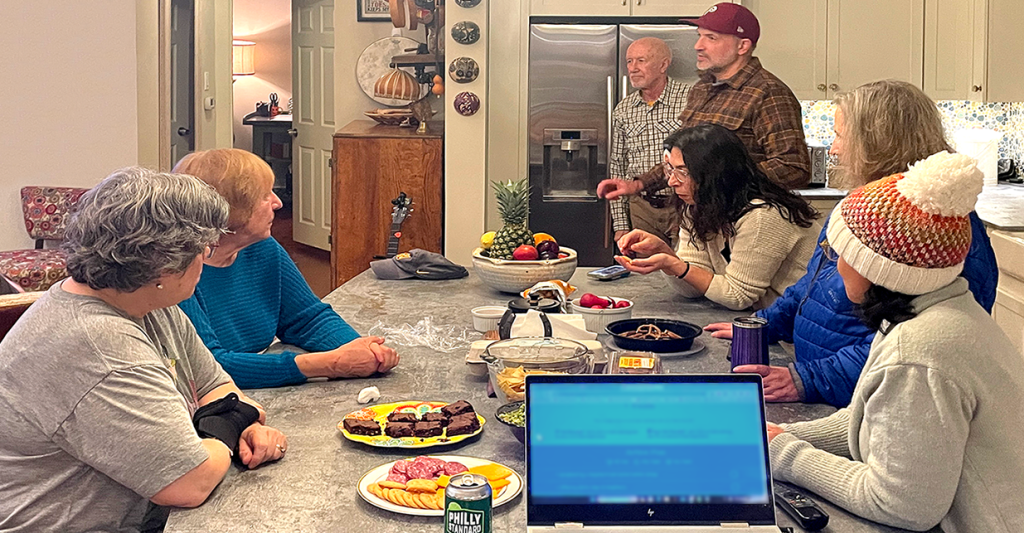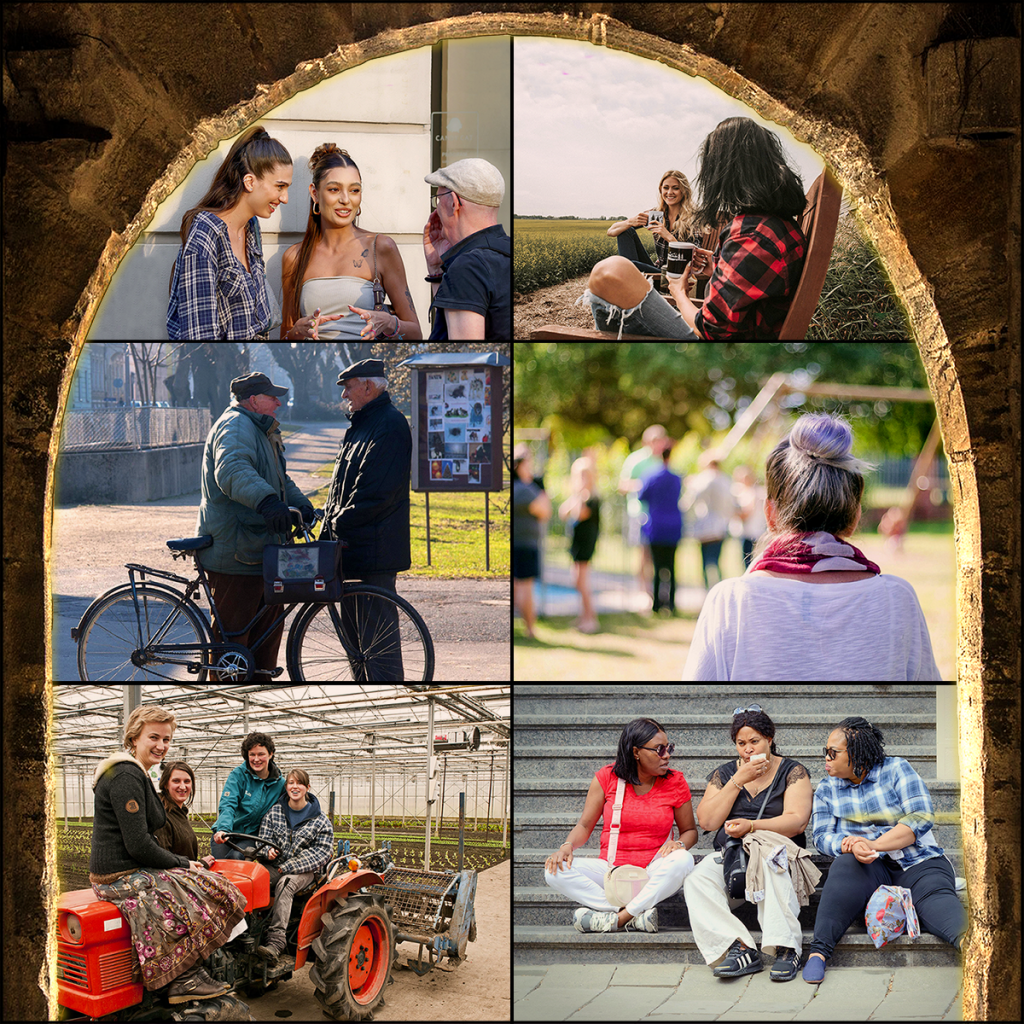—a guest post by Dana Marks, member of the Media Environmental Advisory Council
At our last Media Borough Environmental Advisory Committee (EAC) meeting, the main topic of discussion was the increasing urgency of responding to and mitigating the effects of climate change. The EAC is made up of private citizens who volunteer their time and expertise to advise the Media Borough Council on environmental matters. As an advisory body, our role is primarily to provide knowledge and analysis on local initiatives from an environmental perspective. We’re not empowered to run our own programs or enact policies, for example.
But what happens when you bring together a group of people who are deeply passionate about the environment and want immediate, impactful action on global warming and environmental protection? You get a lot of ideas and a lot of discussion on how best to implement them.

Government, business, non-profits, and private citizens each have roles to play in tackling climate change—each with its own set of advantages and limitations. For instance, government processes often move slowly, while companies can make decisions more quickly.
But here’s the issue: when it comes to climate change, many of us feel like action is overdue. Instead of waiting for government or corporations to take the lead, the next best step is to start building climate resilience now at the local level. This doesn’t have to be complicated. One of the simplest first steps is to get to know your neighbors and understand what assistance they might need in an emergency.
This can be as easy as knocking on a door to introduce yourself. Simply putting a face to a name can make a difference during a crisis. If you’re up for taking it a step further, consider organizing neighborhood meetups, social events, or block parties. Over time, these efforts could evolve into collective action, like pooling resources to ensure there’s enough first-aid equipment, water purification tablets, and air purifiers to meet the needs of your immediate community.

TTGM has a program called Cool Blocks which provides a framework for neighbors to get together and discuss ways they can lower their energy & water usage (and costs!) and be better prepared for emergency situations. Contact us for more ideas and support on getting started.
Ask yourself: if a natural disaster struck, whether it’s flooding, high winds, lingering smoke, fire, heat, or freezing temperatures, how would your neighborhood respond? Does someone have access to a cool basement if the power goes out during a heatwave? Or a refrigerator on a backup generator to store vital medication? These small, but significant steps can make all the difference when the unexpected happens. Ensuring this kind of local stability will also provide a structure for mobilizing the larger actions that we will need to ensure the long-term survival of our species.
Instead of buying into the “everyone for themselves” mentality, we could reflect on what has historically made humanity resilient and successful: collaboration. We thrive when we work together towards common goals. It takes teamwork, trust, and organization to build cities, establish infrastructure, and create sustainable systems. No one person could do it on their own.
The same is true for tackling the challenges posed by global warming. Instead of relying solely on slow-moving government or existing organizations, we need to act now to strengthen the bonds within our local communities—communities of neighbors who will play an essential role in our collective survival.
Regardless of what you’ve done up to now, the most important thing you can do is to take that first step: get to know your neighbors, join a local group, and learn what you can do that would make a difference.

Need help getting started? You can always contact TTGM at [email protected] or visit our website to explore our programs and see which one calls to you. We have a number of programs where you can meet others focusing on this kind of work. The Community Resilience Working Group, for example, explores issues related to mitigating climate change and its impacts. There are also many other groups that examine more specific issues, such as Protecting Biodiversity, or in a more hands-on manner, such as the Green Wagon Project or Tree Tenders. There’s something here for everyone!

Leave a Reply